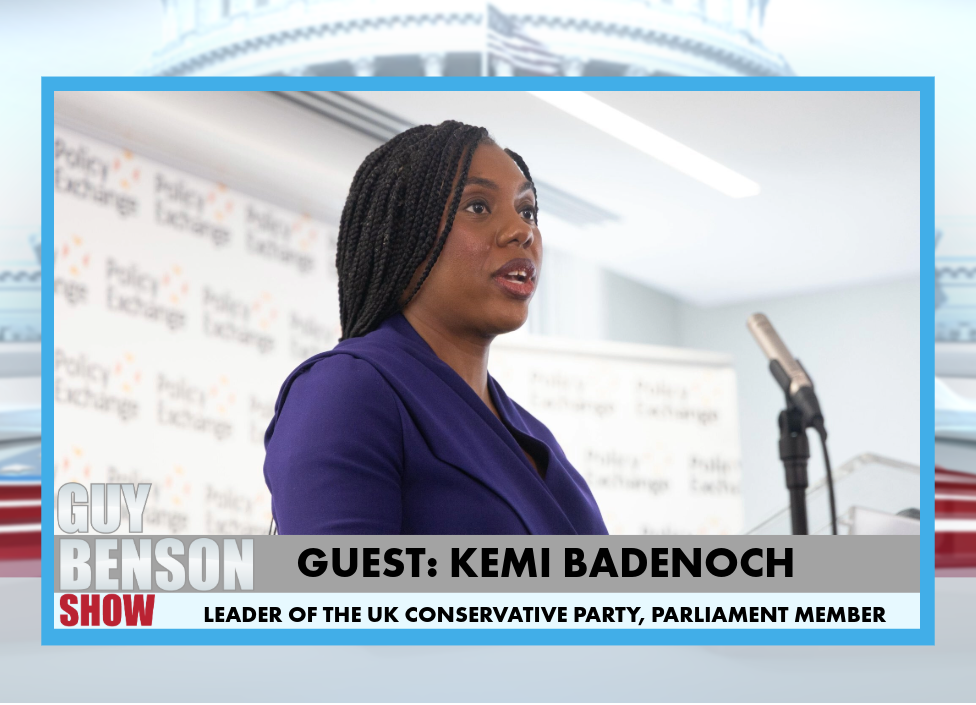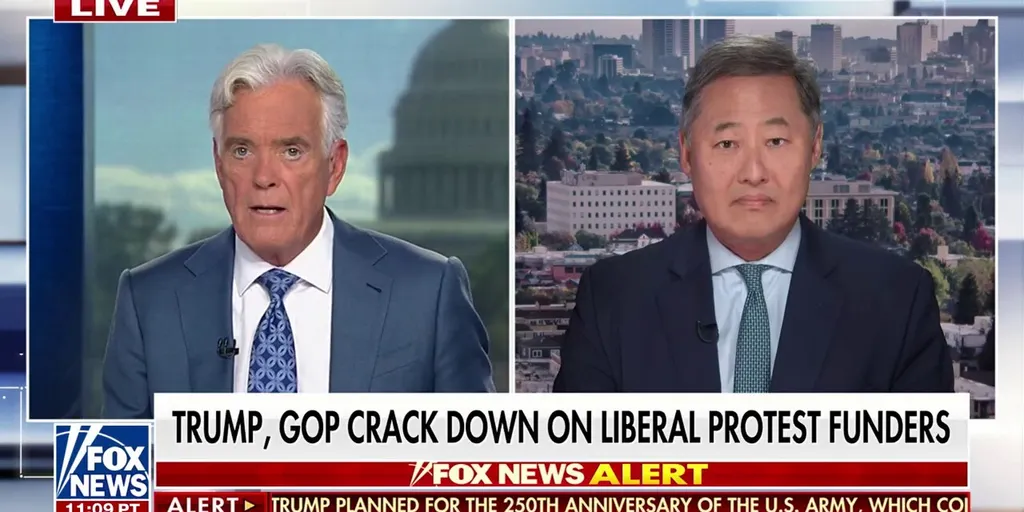Copyright The Boston Globe

If Trump is really interested in cutting deals or advancing his agenda at home, he would do well to learn from his team’s work in Gaza. The administration’s initial success with brokering the Gaza cease-fire and hostage release — which the Biden administration failed to achieve — demonstrates how shrewd realism can succeed. Trump’s negotiators accurately assessed what Hamas and Israel each wanted, what leverage they possessed, and what deals were possible given each party’s constraints. To be sure, that cease-fire came under strain over the weekend, with deadly clashes in southern Gaza. Negotiators managed to reaffirm both sides’ commitment to the deal, and time will tell how durable the deal proves — though this doesn’t discredit the tough diplomacy reflected in the initial breakthrough. Hamas could be pressured into agreements partly because its options were limited after devastating attacks by Israel, and its institutional power was weak. Israel could be similarly pressured because its conduct of the war had squandered its good-will among strategically important European countries and many American voters. Trump’s team understood these constraints and used them to broker a deal. Trump has failed to apply this same realism at home. Sure, Democrats lack majorities in the House and Senate. But they control state and local governments across major population centers, they influence significant sources of media and information, and they command powerful legal and institutional resources. A California governor, a New York attorney general, or a coalition of blue-state officials can block, delay, or reverse executive actions in ways that Hamas never could. Trump’s team relied on realism abroad in Gaza, but the president has relied mostly on threats at home. Brett Rosenberg, a scholar at the Carnegie Endowment for International Peace, has illustrated how this approach backfires. “Threat politics,” she writes, can be incredibly persuasive, but it creates “a vicious cycle where it appears … the only politically acceptable way out is to keep emphasizing or inflating the threat.” As Rosenberg explains, when President Harry Truman decided to present the communist threat as global — what became known as the Truman Doctrine — so he could secure funding for Greece and Turkey, his Republican opponents coopted his rhetoric, hammering him politically on China. With Trump, the contrast in approaches reflects who’s advising him on each issue. Trump’s domestic policy is dominated by threat inflaters like Stephen Miller, Trump’s deputy chief of staff, and Russell Vought, the White House budget director, rather than transactional dealmakers Jared Kushner, Trump’s son-in-law, and Steve Witkoff, the US special envoy to the Middle East, who helped broker the Gaza deal. Miller and Vought treat opponents as illegitimate enemies to be demonized rather than actors with real power who must be strategically engaged. Trump’s difficulty in reckoning with his domestic opponents’ legitimate interests is likely a psychological stumbling block. A president who craves validation and personal loyalty struggles to understand the genuine policy goals of those who would oppose him. While he can deal with Hamas despite its threat to regional security and American interests in the Middle East, he has a harder time dealing with — and thinking clearly about — political opponents who he sees as a threat to him politically and personally. The results speak for themselves. The government is shut down. National Guard deployments are caught up in court challenges, and Jimmy Kimmel is back on the air, mocking the administration. When Trump demonizes Democratic mayors and governors, they don’t lose institutional power; they gain political ammunition to mobilize their own bases and justify resistance. A genuine application of the Gaza approach to domestic politics would recognize these realities. It would involve understanding what Democratic governors actually need in order to strike compromises, what arguments will be most effective before the federal judiciary, and what incentives motivate career bureaucrats to implement the administration’s agenda. It would mean treating domestic opponents not as an illegitimate “enemy from within” but as political actors with real power and constraints — just as Hamas and Israel were treated as actors with specific interests that had to be understood and leveraged. Of course, all this isn’t meant to equate Democrats, whom JD Vance has accused of “hostage taking,” with the terrorist group Hamas, which actually took hostages (or with the war-perpetuating Netanyahu administration for that matter). These are different groups with different cultures and different values. But the logic of cool-headed and interest-driven negotiation defies these differences. O’Neill was right that Hamas proved easier to negotiate with than Democrats. But the reason isn’t Democrats’ intransigence — it’s that Democrats wield institutional power that Hamas doesn’t, and Trump has failed to reckon with that reality. He could draw a lesson from his own team’s work in Gaza: Assess power accurately, understand constraints, and negotiate accordingly.



